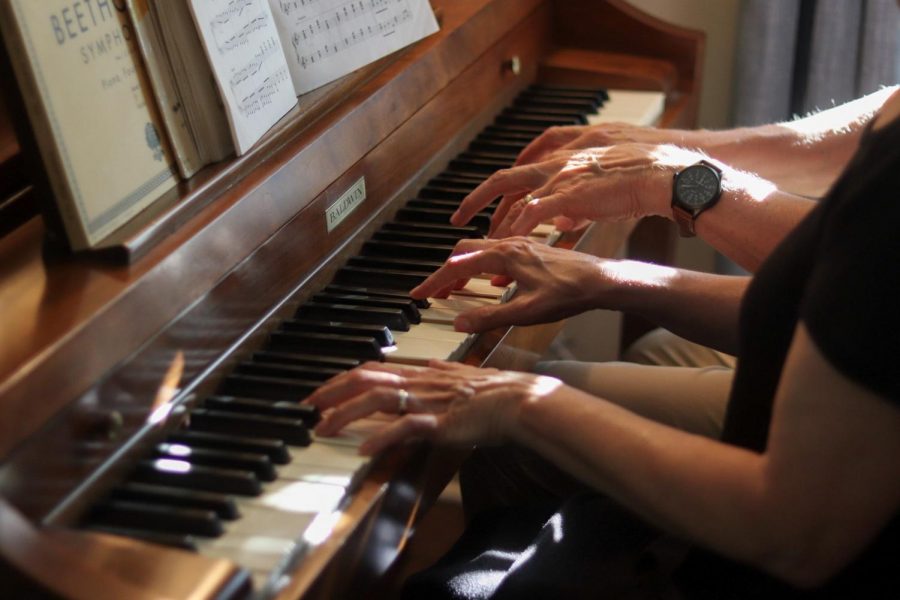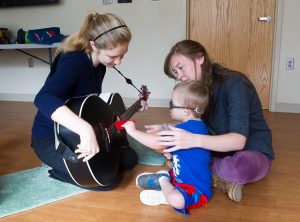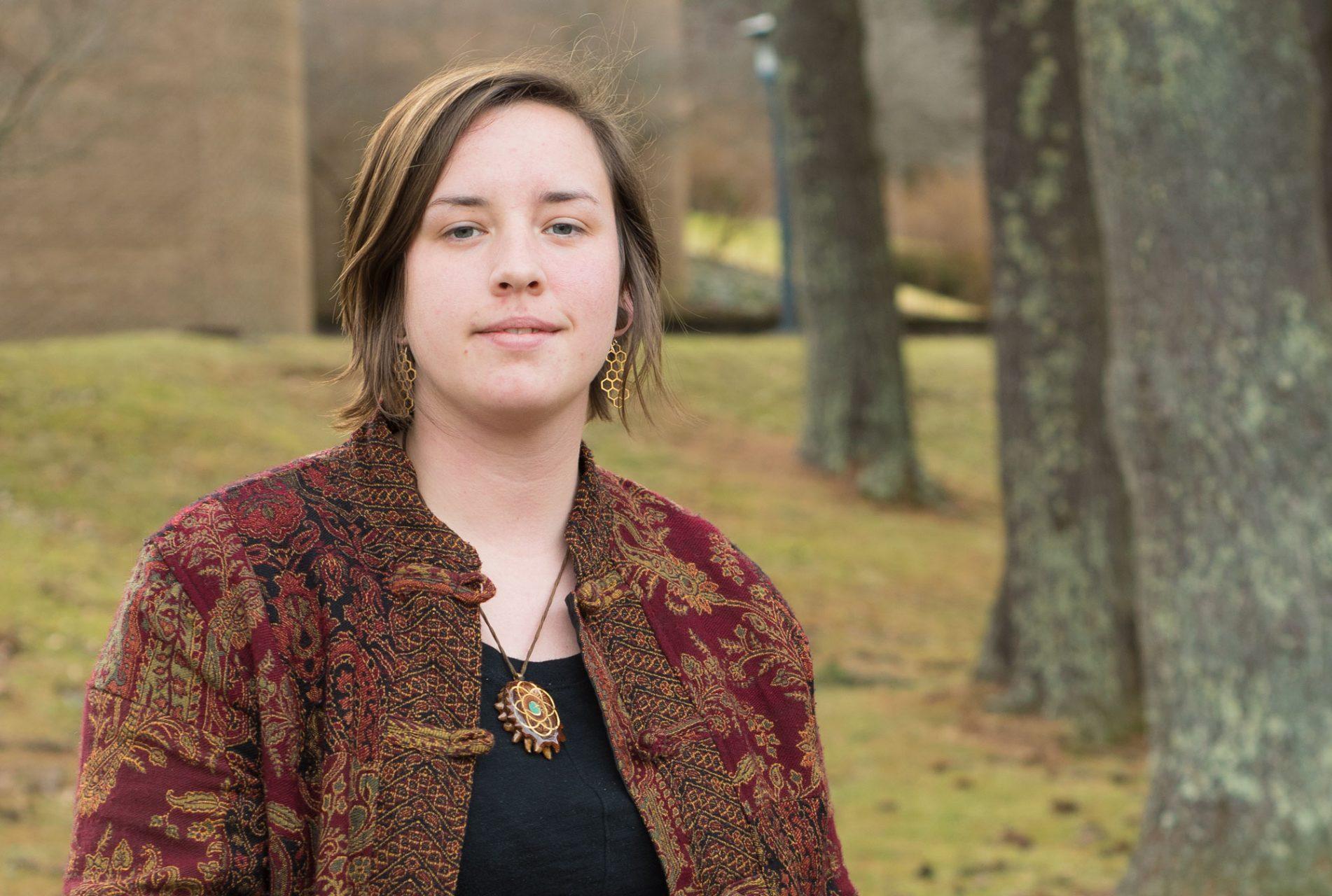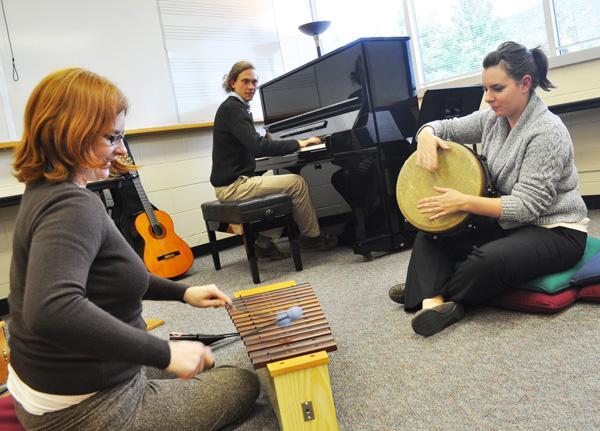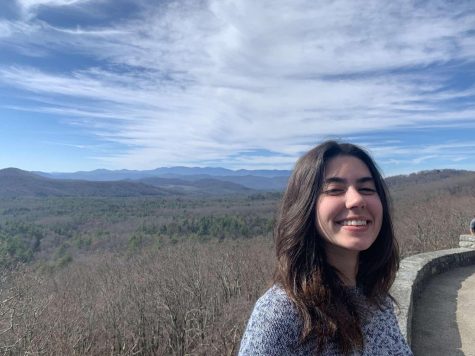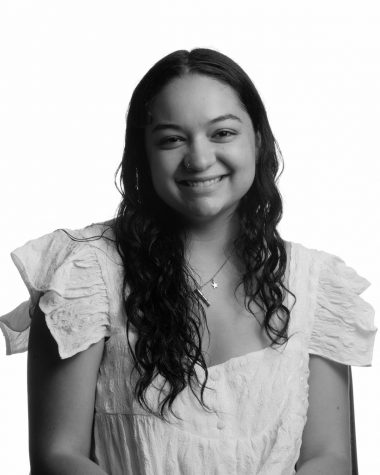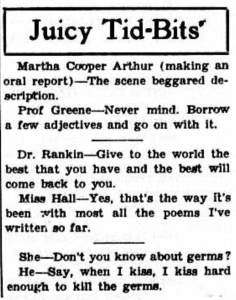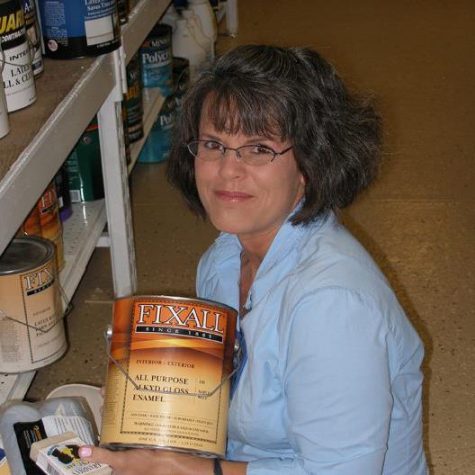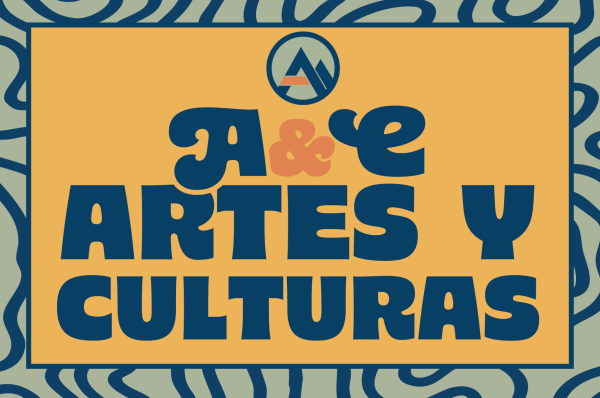Music therapy group seeks to alleviate mental health concerns for students
Kathryn Santiago’s new music therapy group will focus on helping students through mental health concerns with music.
February 25, 2021
Good music, connecting with others, and a calm, welcoming atmosphere amid the stress of college life. This is the plan for App State’s new music therapy group.
Kathryn Santiago, a certified music therapist and graduate student at App State, is starting a virtual music therapy group, The Music in Me, this semester.
The group will focus on mental health factors that may impact college students, including stress relief, self-care and self-exploration through music.
Santiago is from Georgia and came to App State for her undergraduate degree because of the music therapy program and her love for Boone. In the future, she hopes to work with youth and mental health, focusing on the developmental period of late teens and early 20s. This was one reason for her starting The Music in Me.
Santiago got the idea for the group based on what she plans to do for her thesis, which is working with undergraduate students on mental health and discussing how music can be used to understand identity and influence it.
“What I’m really hoping is that this will be a space that students can come and just disconnect from the stress of school for a little while, and really connect with music and connect with other people,” Santiago said.
The group is still in the recruitment process, but Santiago is hoping to have weekly sessions over Zoom, as well as involve the group in a research study.
“I feel like there is not a lot of research in the music therapy field on the population of undergraduate students,” Santiago said. “So, I really wanted to bring something into our research that wasn’t necessarily there already. I also am just really passionate about the impact of music on our identity and how culture comes into that and if cultural music is also impactful in identity formation.”
Music therapists work in a variety of settings, from hospitals, mental health facilities, schools and even prisons.
“Music therapy itself is very broad because music therapists work with premature babies in ICU to adults, as they literally take the last breath of their life,” said App State music therapy program director, Cathy McKinney.
Music therapists use music actively, by engaging with clients through singing, writing or creating music, and receptively by providing music for the client.
For example, when working with children, the therapist and child/children will engage in a song that teaches a lesson in an absorbable way. This may include academic content such as states of the U.S or simple math, as well as following directions.
Music therapists use music receptively to calm premature babies or ease the transition of someone who is dying. Music also carries messages that can help people through issues they are struggling with and relieve their stress said Mckinney.
The group is open to all undergraduate students regardless of musical background and is currently looking for members.

